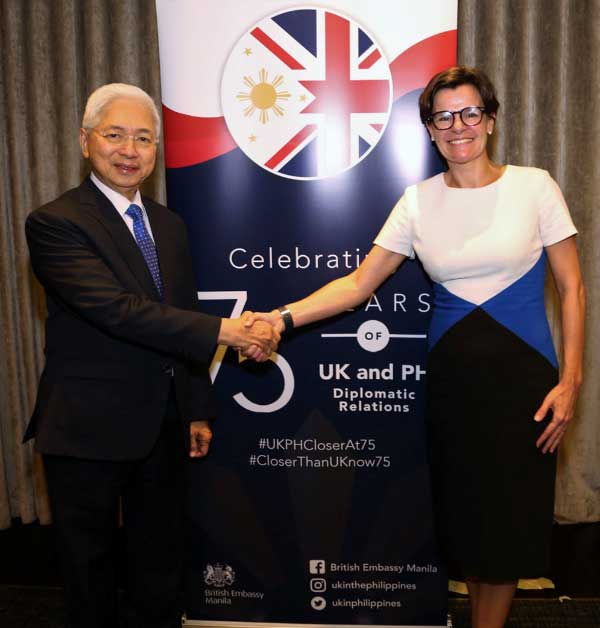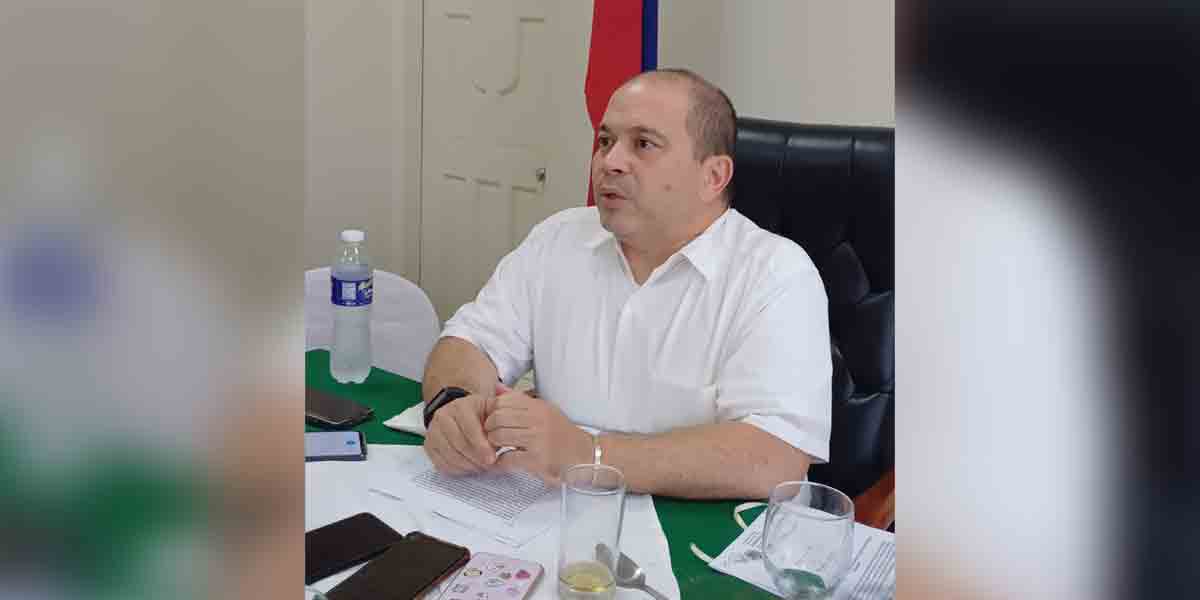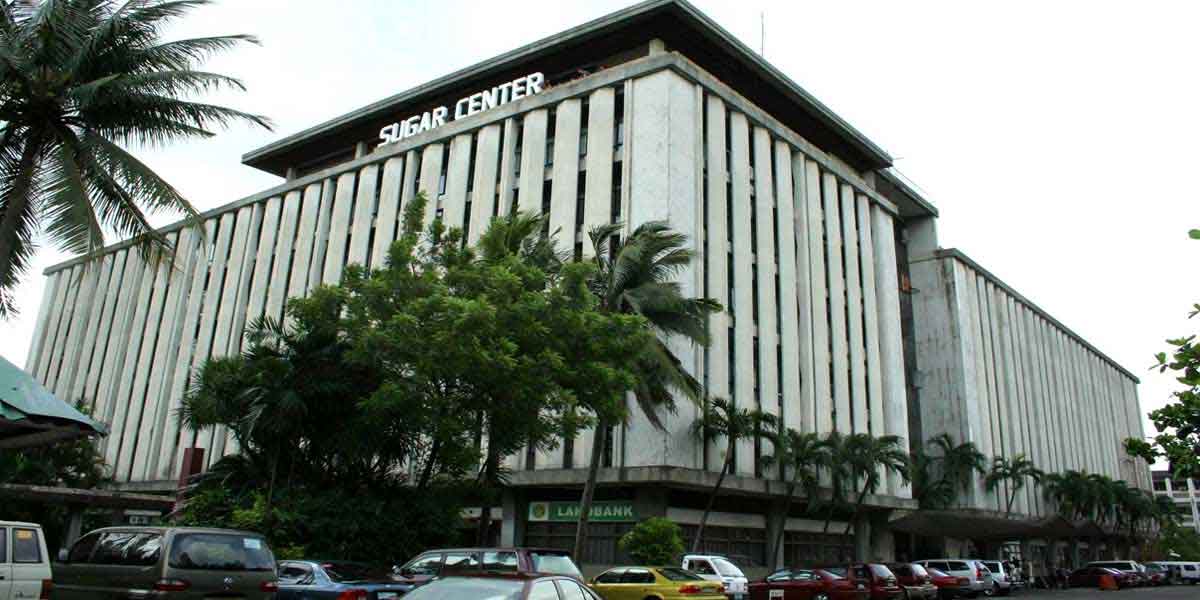
Department of Trade and Industry (DTI) Secretary Fred Pascual welcomed the launch of the new UK Developing Countries Trading Scheme (DCTS) to replace its Generalised Scheme of Preferences (GSP). Secretary Pascual described the DCTS as having “more generous terms than the GSP.”
During the launch of this UK DCTS on 07 June 2023, Secretary Pascual stressed the Philippine government’s efforts in strengthening its trade and economic activities. Through the UK DCTS, the country looks forward on having access to duty-free, quota-free trade on 92 percent of our eligible goods—or 99 percent of our exports to the UK which estimates a tariff savings of 21 million euro.
In his speech, Secretary Pascual emphasized that “The Philippines and the UK have worked closely for several years so that our respective countries may enjoy and foster stronger economic ties. In 2019, under the European Union Generalised System of Preferences Plus (EU GSP+), the UK was the Philippines’ third destination market for exports. The Philippines’ exports to the UK also increased by 15 percent from 2020 to 2021. And in 2021, the UK was the Philippines’ 21st trading partner and fourth source of approved investments.”
The DCTS aims to improve access to the UK market for goods imported from eligible developing countries. It will also offer about 750-million-euro tariff reductions per year from its 65 country beneficiaries. Its three tiers include (1) comprehensive (LDC) preferences for all goods except arms and ammunitions; (2) enhanced preferences for wide number of product lines that are economically vulnerable; and, (3) standard preferences for certain product lines that are subject to goods graduation.
For the Philippines, the DCTS will lower or remove tariffs on more than 150 products including agricultural produce such as tomatoes, milk and cream, cheese, grains, tropical fruits, and animal and vegetable oils. Further, in demand electronic products and optical instruments will also benefit from preferential tariffs. Likewise, the goods that will benefit the most from the said scheme are those from the tuna and t-shirt sectors.
Aside from tariff reduction, the scheme also highlights the benefits of the provision for simpler rules and procedures, including the rules of origin. Through the simplified trade conditions and regional cumulation measures, Philippine exporters will benefit as they can source components, from other Southeast Asian countries while still claiming it as originating from the Philippines.
Further, to promote trade and investment opportunities, the current administration will be keen on implementing the Philippine Development Plan 2023-2028 (PDP), which will utilize trade and investments as drivers of job creation and poverty reduction.
In support of PDP, DTI also formulated the Philippine Export Development Plan 2023-2028 (PEDP), which the President already approved yesterday. This aims to capitalize on export opportunities to integrate our products in the global value chain in order to realize our vision of making the Philippines an agile export powerhouse.
Hence, the Department will undertake an industry-centric and firm-centric approach in capacitating our export ecosystem. Specifically, the DTI will prioritize three industrial clusters for our investment-driven approach. These clusters include the (1)Industrial Machinery and Transport (IMT); (2) Technology Media and Telecommunications (TMT); and, (3) Health and Life Sciences (HLS).
In his closing remarks, Secretary Pascual stressed that “A continued partnership with the UK Government will sustain our efforts to enhance trade and investment with the UK. We at the DTI are grateful to the British Embassy in Manila, and the UK Department for Business and Trade, for the Philippines-UK Economic Dialogue since 2019. And I look forward to our Fourth Dialogue this year. There, we can continue our discussions on enhancing our economic ties so our economies can grow and expand.”



















